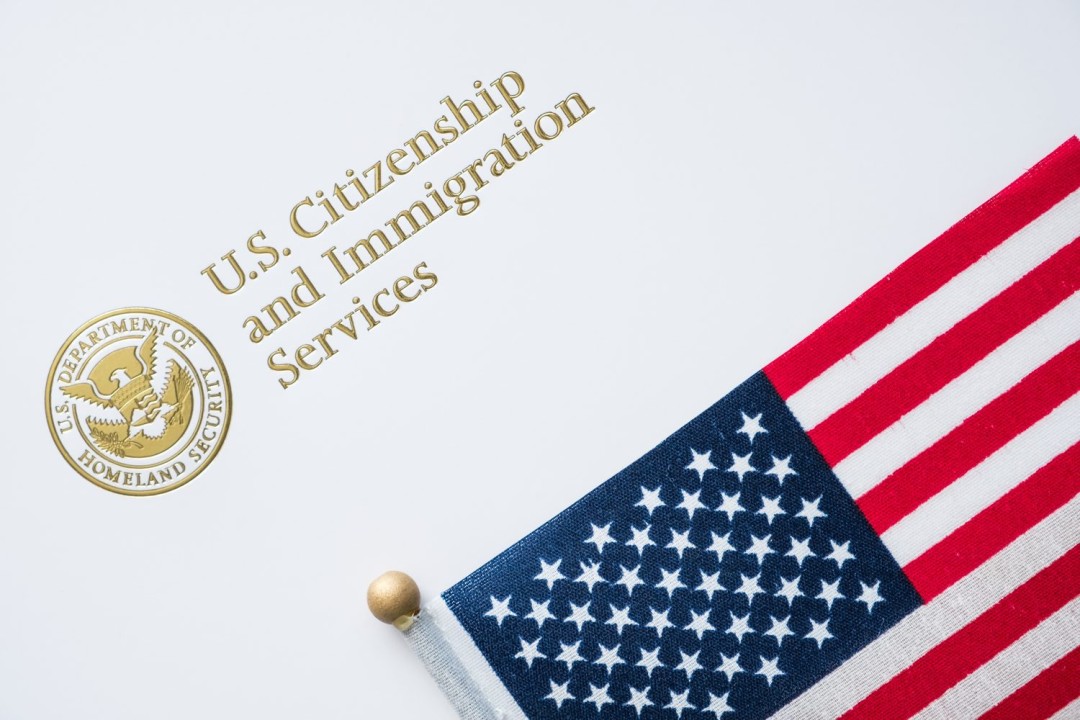On April 29, USCIS hosted a listening session to inform EB-5 Stakeholders of changes to the regional center program and address their issues and concerns related to the EB-5 Reform and Integrity Act. Crucially USCIS clarified at this session that regional centers which existed prior to the program’s lapse of authorization in June 2021 are no longer approved and designated as regional centers. Per the language on USCIS’ website “Entities seeking to be designated as a regional center are required to file Form I-956, Application for Regional Center Designation. The USCIS will be publishing this new form, including the form instructions, with additional information regarding the filing process by May 14, 2022.”
HOW WILL THIS AFFECT REGIONAL CENTERS AND INVESTORS ?
USCIS’s announcement of this policy comes as somewhat of a surprise, as the text of the EB-5 Reform and Integrity Act does not mention a requirement for existing regional centers to re-designate under the new law. Rather, the policy is based on USCIS’ interpretation of the bill. First and foremost, the policy places existing regional centers in a state of limbo, as they are no longer legally considered regional centers under the EB-5 Reform and Integrity Act. These “entities” as USCIS refers to them, will need to have an approved I-956 to be re-designated as regional centers and continue sponsoring new I-526 petitions in the future.
This obviously raises issues for investors with an approved I-526 who have yet to receive their EB-5 visa, as their petition is no longer associated with a designated regional center. However, USCIS has announced that investors may still be able to establish eligibility, “by demonstrating compliance with other applicable requirements (primarily investment and job creation, including indirect job creation as provided under the former statute).”
Most concerning about this policy is how it will affect regional centers who do not apply for re-designation. As per the USCIS announcement, regional centers only need to file I-956 if they wish to support new investor petitions in the future. Additionally, the agency will no longer accept Form I-924A, Annual Certification of Regional Center, from existing regional centers who are not filing for re-designation. This may lead to a situation where USCIS will have little oversight over existing regional centers (with active projects and investors) that choose not to apply for re-designation.
It seems, USCIS’ decision to deauthorize all existing regional centers and require them to file Form I-956 might have unintended consequences. Rather than allowing the EB-5 Regional Center program to start up again smoothly, the agency has created hurdles for the EB-5 industry after it has already spent nearly a year in limbo waiting for Congress to reauthorize the program. It is noteworthy that the agency’s decision to relinquish its oversight over existing regional centers who do not apply for re-designation runs counter the EB-5 Reform and Integrity act’s goal of ensuring integrity and accountability in the program. Litigation challenging the re-designation policy has already been filed by Behring Regional Center, but it will remain to be seen if USCIS is willing to budge.






